How to manage baby’s skin irritations?
Updated on November 23, 2023
Created on November 30, 2021
AU & NZ - Find your nearest pharmacy here
Updated on November 23, 2023
Created on November 30, 2021
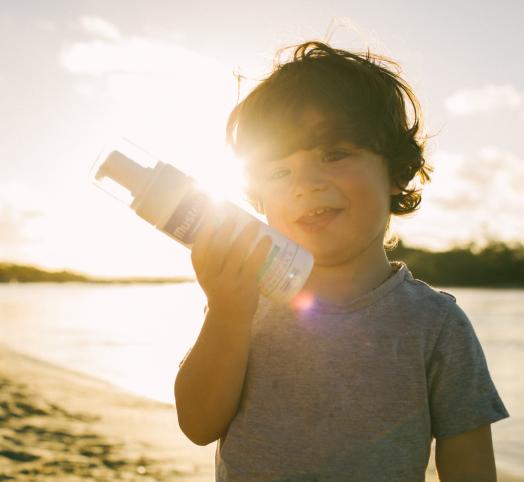
Although a baby's lifetime skin cell capital is at its peak at birth, their skin is still particularly sensitive in the early months since it is immature compared to that of adults:
• A baby's skin is thinner and more fragile than an adult's;
• A baby's skin does not have a full barrier function until 2 years old;
• At birth, a baby's skin is dehydrated and lacks a protective hydrolipidic film; (made of sebum and sweat).
This has various consequences:
• It dries out more quickly.
• It is more sensitive to external stresses such as cold, wind, sun, friction, nappy, saliva, and so on.
• It has a stronger reaction to potentially irritating chemicals (sensitising ingredients that could cause allergy)
In brief, until the age of 2, a baby's skin goes through significant changes and must be protected.
Discover our E.V.E.I.L.S (Evaluation of the Early Infant Life: the Skin) research program to learn more about the physiology of baby skin.
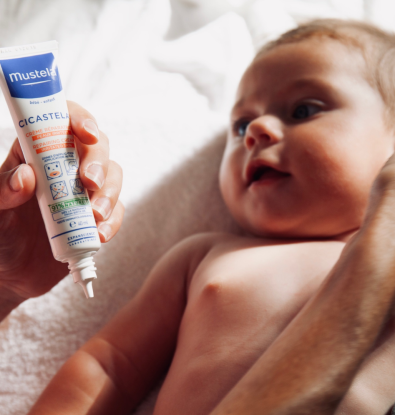
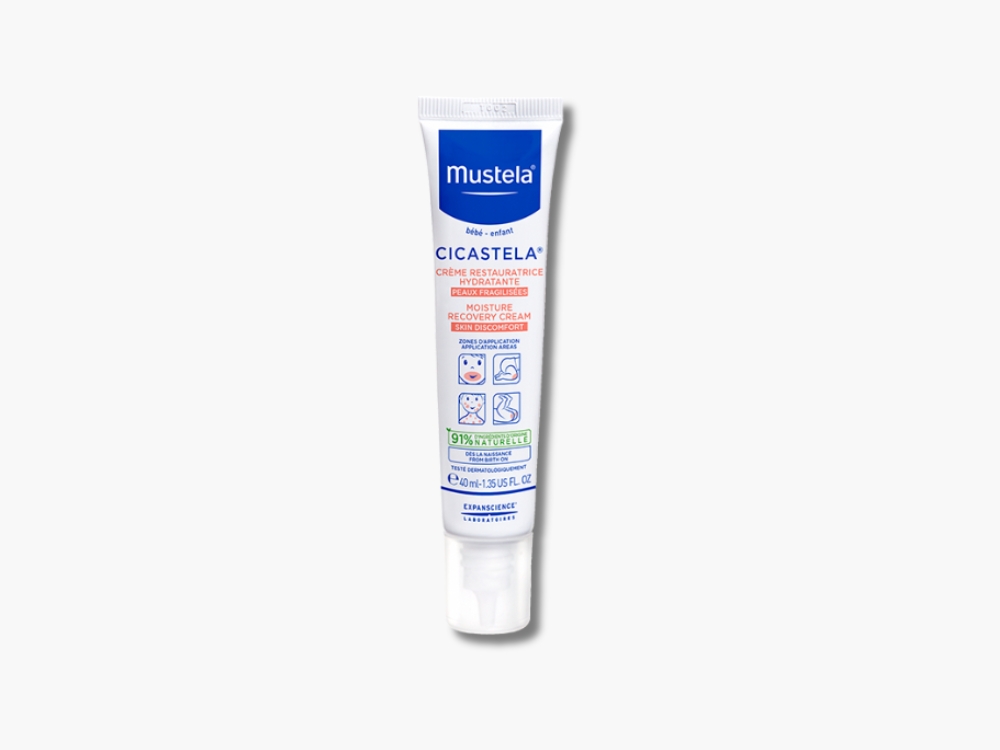
Wool, synthetic or scratchy materials that come into close contact with a baby's skin can cause itching. Even rubbing clothes together can irritate the skin. Irritation around the lips and other parts of the face can be caused by cold, dry air or even drooling.
What to do:
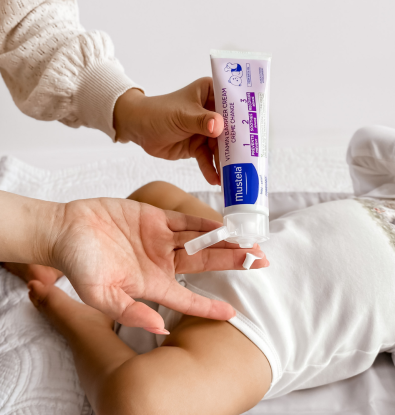
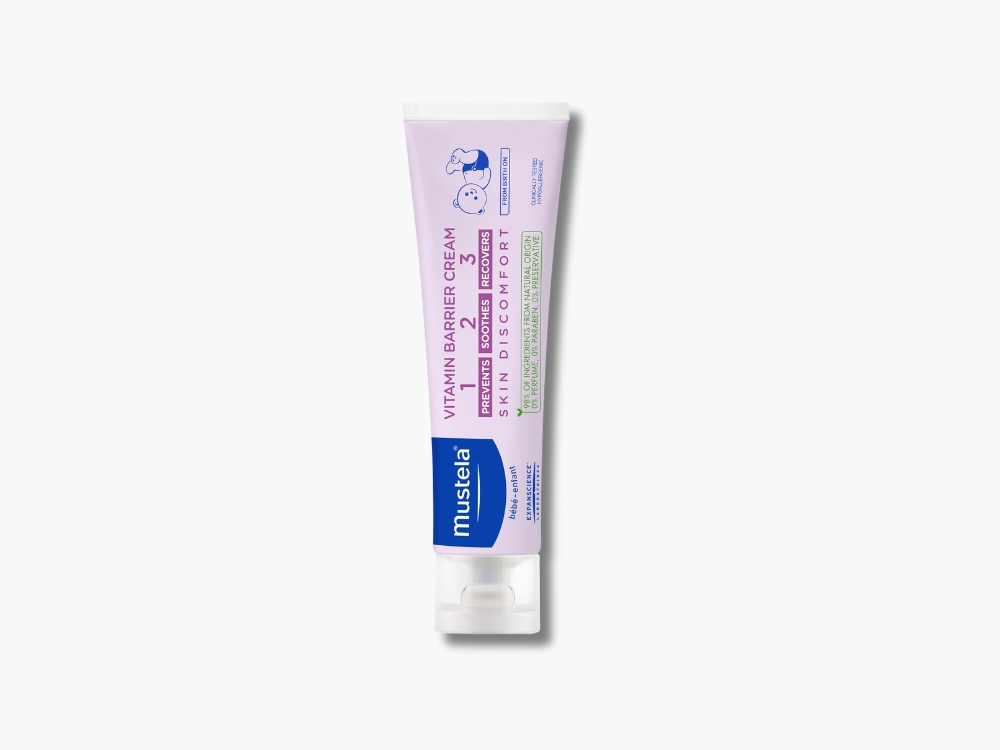
It's most likely nappy rash if you see a rash on your baby's bottom that soon develops into red patches. It can be caused by irritation from wet nappies and rubbing, as well as diarrhoea, teething and other factors.
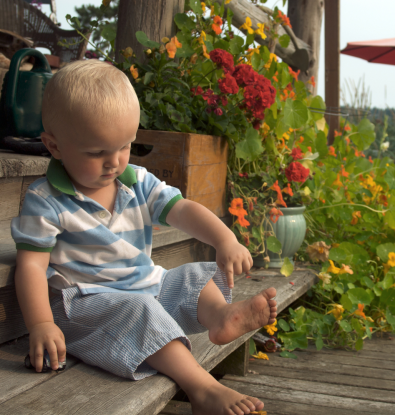
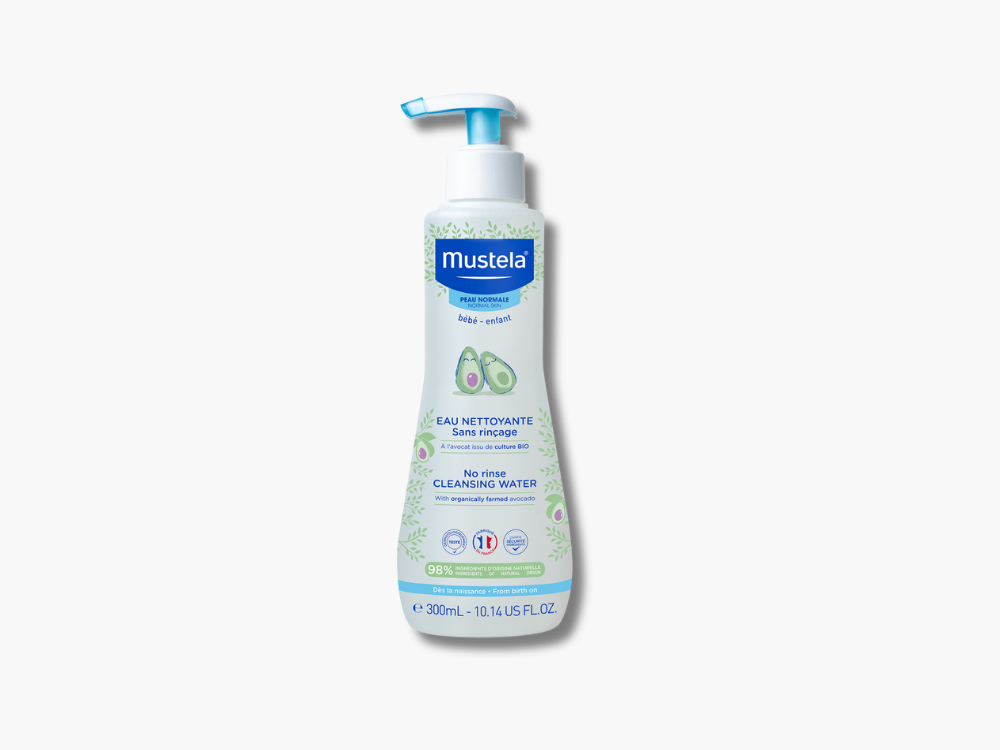
A few hungry mosquitoes... and baby's skin is covered in bites... A wobbly stand... and there comes a fall and a bump!
What to do:
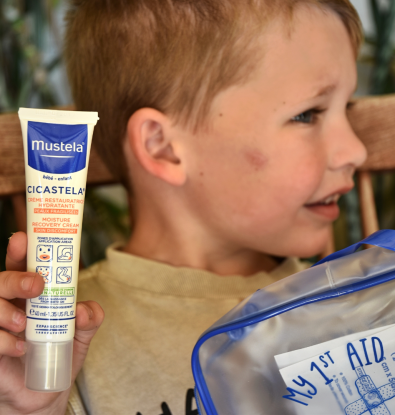

Ouch! Baby has just burned himself by running his hand under hot water! Or spilled hot coffee? If his skin is only reddened, it is a first-degree burn.
What to do:
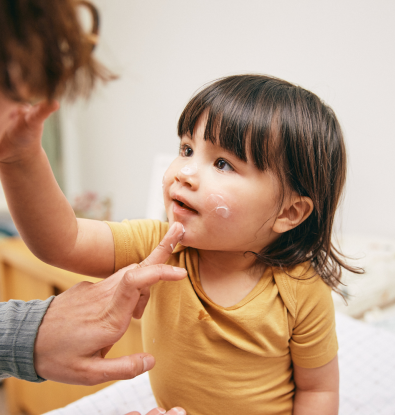
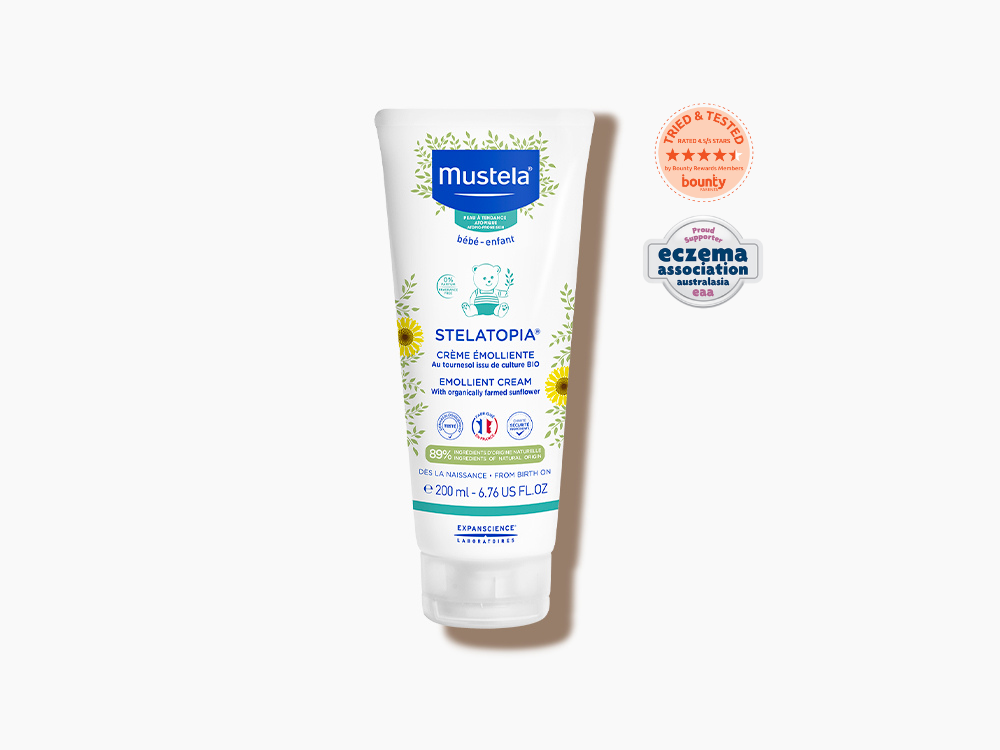
Itchy red, puffy, dry patches on baby’s skin? It could be eczema or atopic dermatitis.
Read our dedicated articles to learn how to identify and treat this skin condition.
A few simple tips to avoid the most common skin irritations every day: